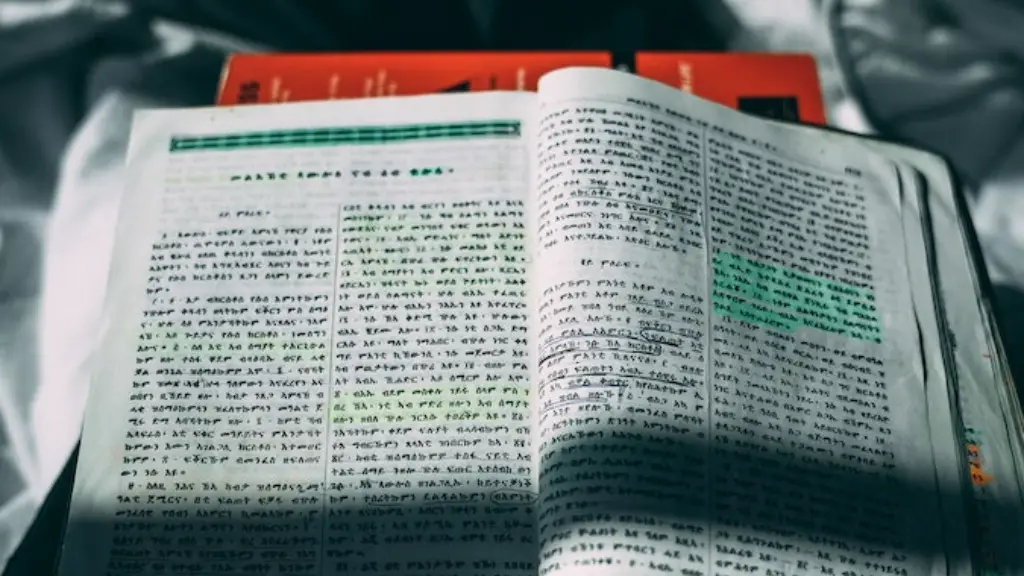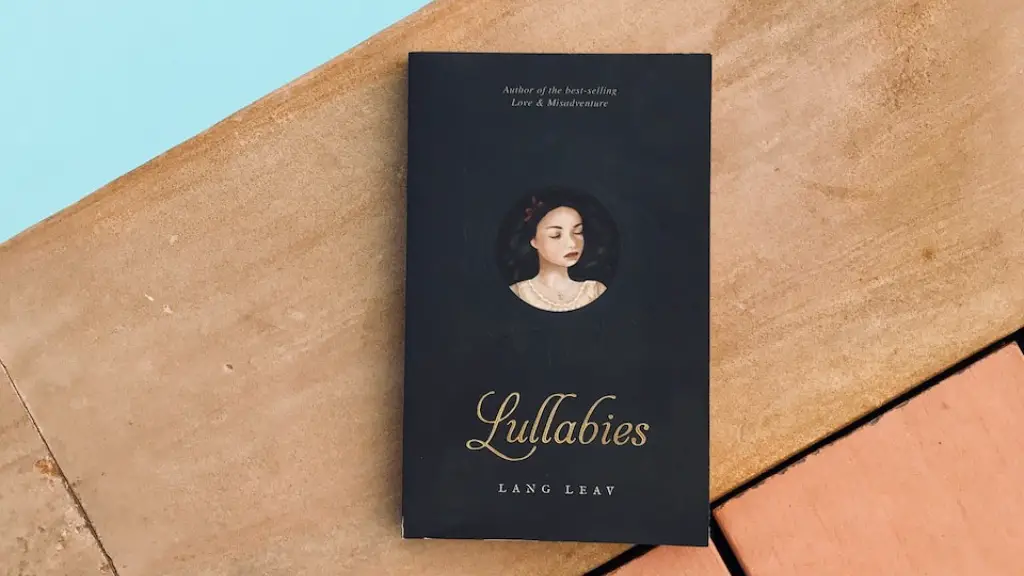A Raisin in the Sun Langston Hughes Analysis
“A Raisin In The Sun” is a play by Lorraine Hansberry which debuted on Broadway in 1959 and instantly became critically acclaimed. The play is about a family living in the south side of Chicago in the 1950s. Hansberry based the play on the experience of her own family and their battle against racism and poverty. Through the play, Langston Hughes’s poem “A Dream Deferred” is used to parallel her characters’ struggles and focus on the importance of dreams and family.
Langston Hughes’s poem “A Dream Deferred” explores the bad effects that can occur when dreams are denied. The poem paints a picture of how deferred dreams can turn into feelings of emptiness and can build up and eventually become explosive. In “A Raisin In The Sun” we see the main characters being denied access to what they dream of.
The main character of “A Raisin In The Sun”, Walter Lee Younger, looks to improve his family’s situation by investing in a liquor store. Despite his best efforts, Walter is constantly put down by society and his own family, leaving him feeling worthless and powerless. Walter’s dream of owning a liquor store remains just that, a dream. These obstacles become so hard to bear for Walter, which can be interpreted as his dream turning into a raisin.
Walter’s sister, Beneatha, dream of becoming a doctor is also stunted. Beneatha’s dream is looked down upon by her family as her mother believes that money should be focused on other things instead. Her dream is so important to her as it is an opportunity to break away from all of the of traditional and racial limitations enforced in the 1950s. Again, the poem by Langston Hughes is the perfect tool to reflect how her dream is denied, similar to how a raisin dries up, no longer accomplishing its true goal.
The mother of the family, Lena Younger, also has a dream deferred. Due to the death of her husband, Lena’s dream of moving to a better home is crushed, as the money he was going to use for a downpayment on the new home is gone. Again, Langston Hughes’s poem is used to reflect her crushed dream and is used as a motivation for her to keep her family together and take care of them.
Walter Lee’s Resilience
While Walter Lee’s dreams are deferred, he remains resilient and determined. He educates himself on surviving and provides for his family. Walter Lee is also determined to keep his family together through financial assistance. He encourages Beneatha to follow her dreams of becoming a doctor and and helps his mother, Lena, invest in a home that could help provide a better atmosphere for her family to live in. The use of Langston Hughes’s poem in “A Raisin In The Sun” shows how Walter Lee is resilient and determined despite being denied access to his dreams.
Cultural Impact
The use of Langston Hughes’s poem “A Dream Deferred” in “A Raisin In The Sun” has had a major influence on modern culture. The play has been adapted into films, musicals, and other works of art, bringing to light the story and Langston Hughes’s poem to a larger audience. It has made a timeless impact as it starts conversations about race, poverty, family, moral and social struggles, and how dreams can be denied. Overall, the success of the play has brought attention to Langston Hughes, and how he was able to capture all of these emotions in one poem.
Hughes’s Poetic Skill
While the poem “A Dream Deferred” is simple, Hughes’s poetic skill is clear. Within the poem, Hughes is able to use descriptions of everyday objects to create a vivid image for the reader. He uses language to capture the true emotion of what being denied dreams feel like. He also has an eye for detail, as he captures the struggles of everyday people and is able to create a story within his poem. Langston Hughes’s ability to write in such a way that is both vivid and relatable is clear in his poem and “A Raisin In The Sun”.
Intertextuality
The use of Langston Hughes’s poem in “A Raisin In The Sun” goes beyond the themes of the poem itself. Hughes’s style of writing is interwoven throughout the play. In the same way his poem uses symbols and everyday objects to describe how dreams can be deferred, Hansberry does the same when creating the characters of Walter Lee and Beneatha. In Langston Hughes’s poem, it seems as though he is talking directly to the reader and in doing so, preparing them for the themes of the play about to come.
Relevancy Today
The relevance of “A Raisin In The Sun” and Langston Hughes’s poem “A Dream Deferred” today is still strong. Even though the themes of racism and poverty have become slightly more accepted, there is still a need for stories like these. People are still denied dreams every day and the emotions behind being denied can still be related to that of a raisin. The play and poem provide hope to those who feel like they are unable to reach their dreams and shows them that they still can and should fight for them.
Political Relevancy
The poem “A Dream Deferred” and the play “A Raisin In The Sun” not only shows the effects of racism and poverty but also provides a platform to discuss political and social issues. Langston Hughes’s poem displays that he was a poet, avoice of the people, very invested in expressing the realities of his life. The poem and the play follow many of the themes present in other pieces of his work and raises awareness of the issues the people of that time and time since then have had to face.
Racism’s Impact on Dreams
The meaning of Langston Hughes’s poem in “A Raisin In The Sun” reflects the impact of racism on dreams. The main characters of the play are constantly denied of access to their dreams, be them financial stability, education or even self-worth, as a result of discrimination and prejudice. The imagination displayed in his poem becomes a double sided reality, first reflecting how dreams become deferred and at the same time expressing how exhausting and explosive it can be when they inevitably burst.



